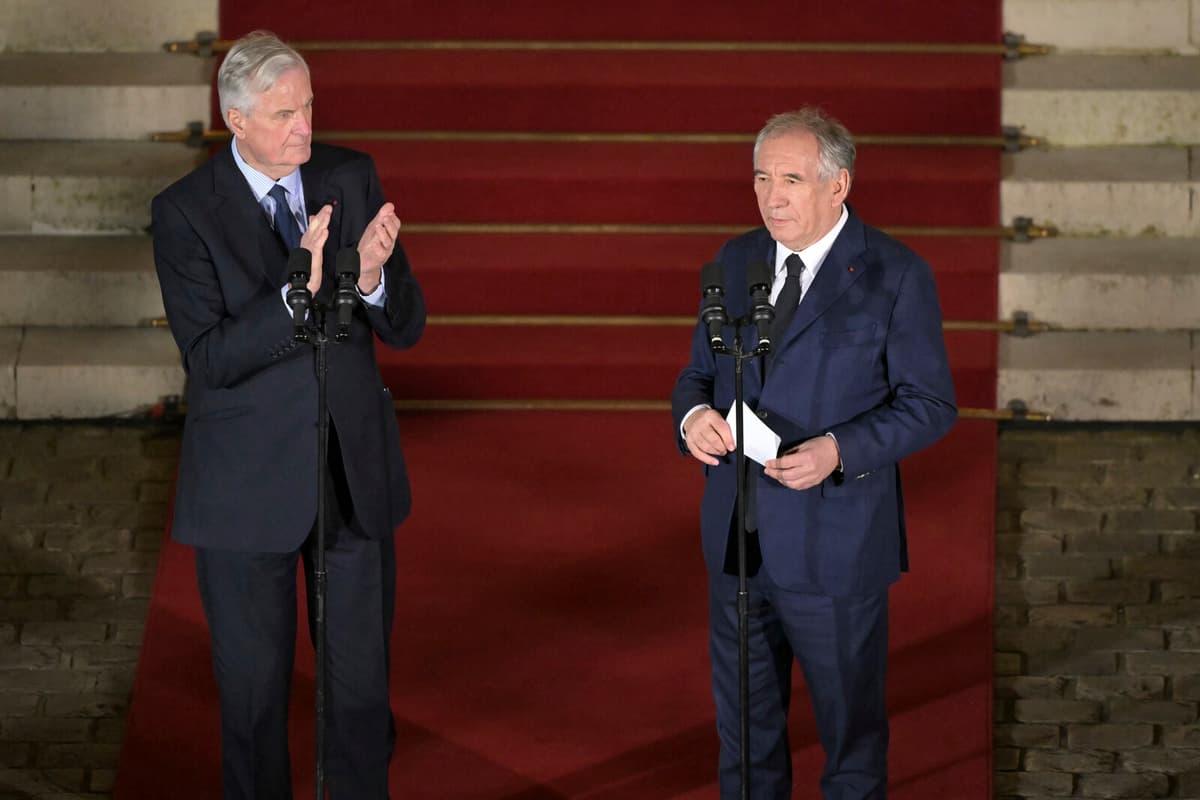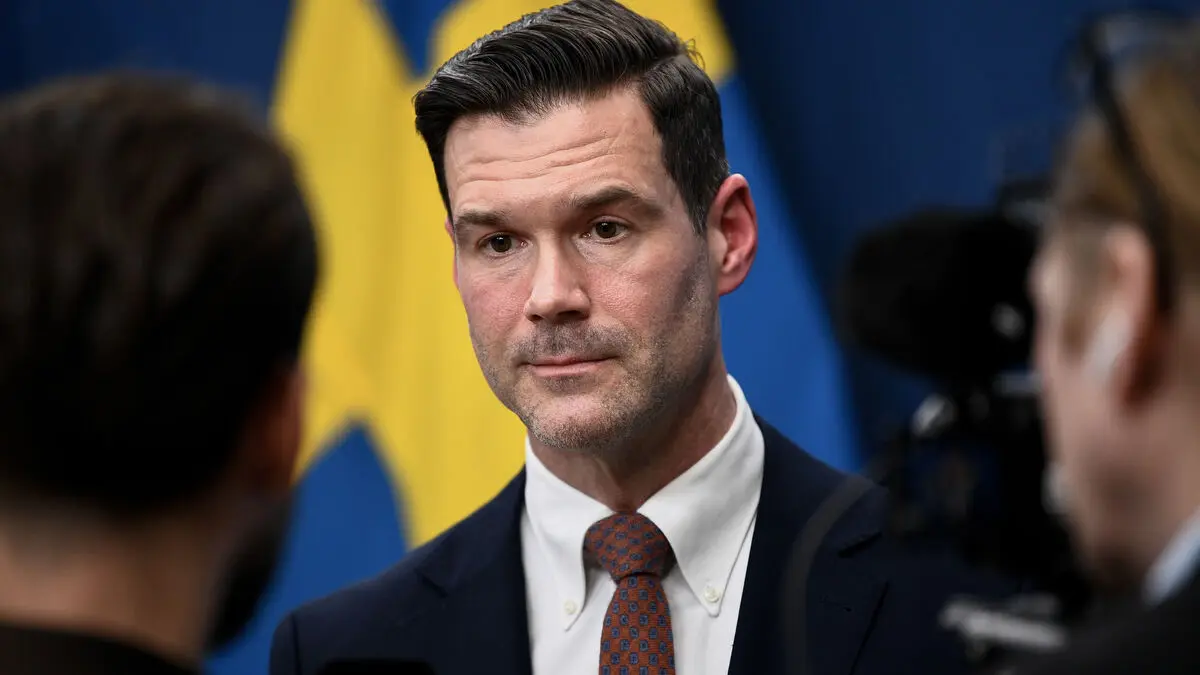The announcement came after Bayrou and President Emmanuel Macron met at the presidential palace on Friday morning, and also spoke on the phone on Thursday.
François Bayrou, 73, is appointed since the French government fell last week and Prime Minister Michel Barnier lost a vote of no confidence.
He becomes the sixth prime minister appointed by President Emmanuel Macron (Barnier only sat on the post for three months) and the question is whether he can succeed in leading France out of months of political chaos. His first task will be to draft a new temporary budget that will apply until a long-term one can be established next year.
Already on Friday afternoon, a handover ceremony was held with Bayrou and Barnier, according to AFP.
I am fully aware of the Himalayan mountains that loom before us, says Bayrou, referring to France's budget deficit, which now amounts to 6.1 percent of GDP.
Tough talks
Bayrou was one of the favorites for the prime minister post. But the meeting with the president does not seem to have been a walk in the park. The president spoke with the future prime minister for nearly two hours and when he finally came out at 10 am on Friday, no direct announcements were made.
According to BFMTV's sources, the meeting "did not go well" and Le Monde reported, citing sources, that Bayrou was told at the meeting that he would not be appointed prime minister.
Half an hour later, however, the announcement came – Bayrou is appointed.
Presidential candidate
Bayrou is a politician with long experience. He is the party leader of the centrist party Democratic Movement (Modem), which he founded in 2007, and is the mayor of the city of Pau in southwestern France.
He has run for three presidential elections, most recently in 2012. In the 2017 election, he did not run but instead gave his support to Emmanuel Macron – who won the election. Bayrou was appointed Minister of Justice but resigned after only one month since his party was accused of embezzling public funds.
There has been a lot of turmoil in French politics in recent months. Former Prime Minister Michel Barnier only sat on the post for three months.
Barnier's government fell in a vote of no confidence – supported by both the left and right wings – on December 4. This was after criticism that Barnier had forced through a budget for social insurance with an exception rule since he did not have enough support in parliament.
After the no-confidence vote, President Emmanuel Macron said that a new government could be in place within a few days. Now more than a week has passed. However, the process has gone much faster than after the new election last summer, when it took around two months.






